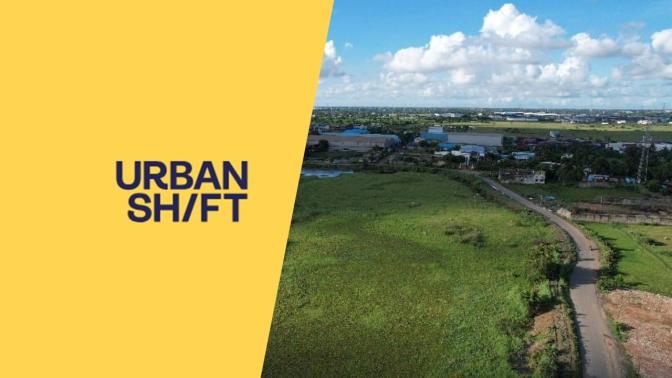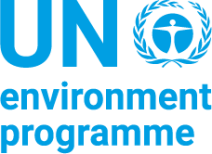Partner Events
Building Capacity to Assess Urban Climate Hazards and Tackle Heat and Flooding in Cities: A Three-Part Capacity Building Training Webinar Series
05 February 2025
,
04:30 am
/
Online

Cities around the world are reeling from the impacts of climate change, from heat to flooding. As threats intensify, nature-based solutions (NBS) can play a role in mitigating these risks by enhancing urban resilience to climate change. For example, green roofs, urban forests, and permeable pavements help reduce heat and manage stormwater, which can alleviate flooding. Tools like the Climate Hazard Vulnerability Assessment (CHVA) framework can help to identify the most vulnerable areas in a city, prioritize interventions, and ensure that adaptation measures are targeted effectively. By utilizing NBS and leveraging tools such as the CHVA framework cities can make informed decisions on where to implement NBS and how to prioritize other strategies to reduce exposure to heat, flooding, and climate hazards, fostering more livable and resilient urban spaces.
Co-organized by WRI India, UrbanShift, and Cities4Forests, this three-part capacity building training webinar series is designed to build capacity of city officials to conduct vulnerability assessments and implement nature-based approaches to enhance climate resilience in cities. The three webinars will focus on (1) an introduction to the Climate Hazard Vulnerability Assessment (CHVA) framework to prioritize resilience actions in cities, (2) nature-based solutions to tackle extreme heat in cities, and (3) nature-based solutions to mitigate urban flooding. City government officials from global South cities, national government officials with urban development mandates and other urban practitioners are encouraged to attend and advised to participate in all three webinars for a comprehensive learning experience. The webinars will be conducted in English and simultaneous interpretation will be offered in French and Bahasa Indonesia.









